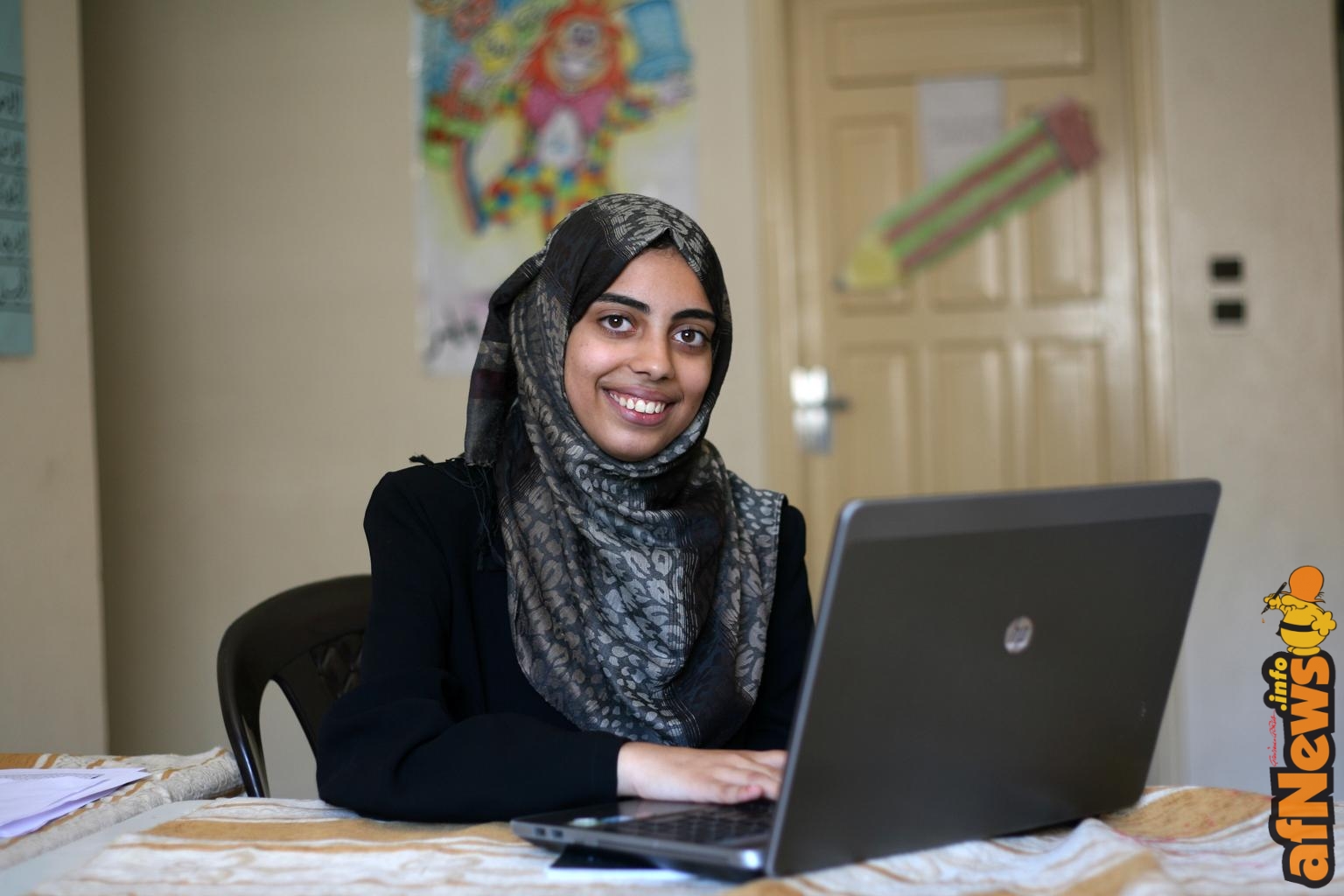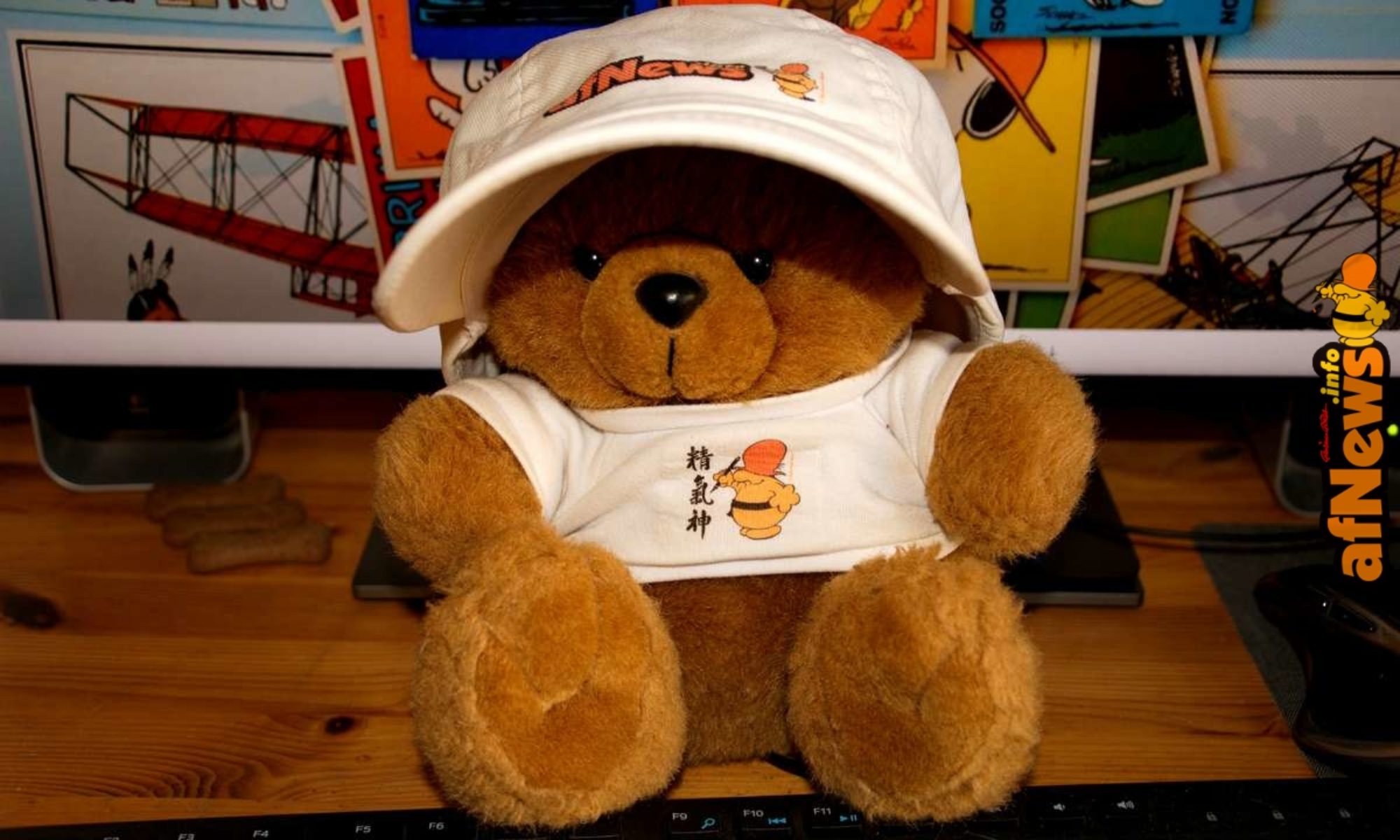
One year on, Palestinian children in Gaza are still trying to recover from the devastating effects of 51 days of hostilities last year, compounded by the slow pace of reconstruction. Those older than six have now witnessed three conflicts in their short lives, and children aged 10 or less have only known life in Gaza under closure. To this day, there are more than 308,000 children still in need of psychosocial support. Many continue to live amidst ruins; the reconstruction of over 12,600 housing units totally destroyed is yet to start, prolonging the hardship of some 100,000 people, half of whom are children. Less than 2% of construction materials, out of the total quantity of construction materials (over 25,000 million tons) required to rebuild Gaza in 5 years, have entered. Families struggle to get by with one of the highest unemployment rates in the world at 44%. Eighty per cent of the population rely on humanitarian aid and have limited or no access to basic services such as electricity or clean water (over 95 per cent of Gazas aquifer water is unfit for human consumption) in an enclave where half the population are children.
https://blogs.unicef.org/blog/equity-universal-access-to-information/

